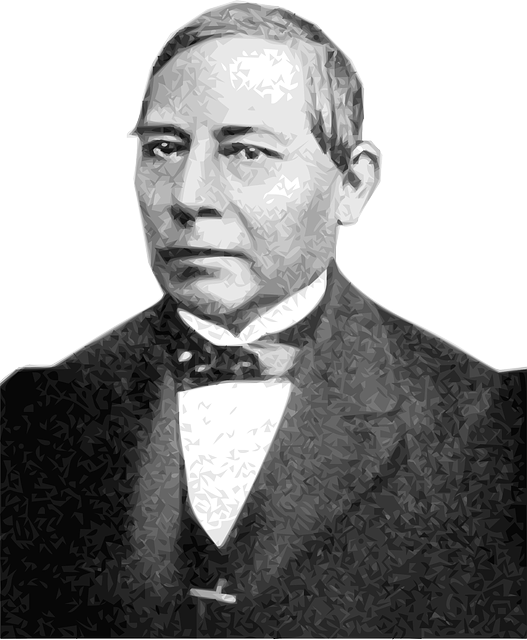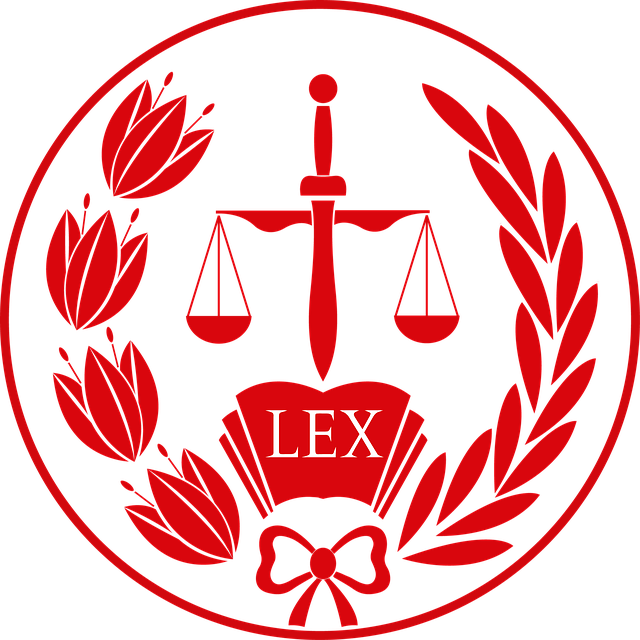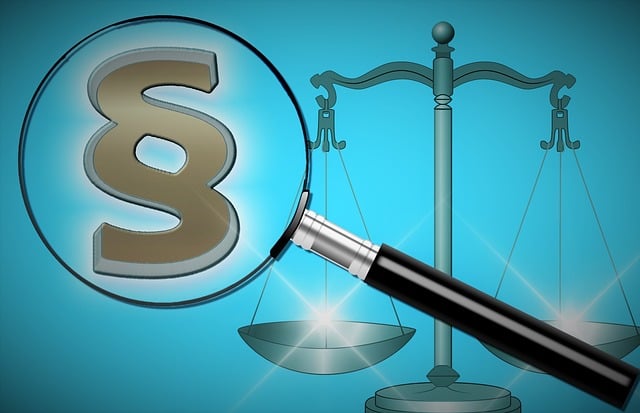Understanding consumer protection laws empowers individuals to protect their rights against businesses. By knowing your rights, you can take proactive measures like demanding transparency and challenging misleading ads. If wronged, follow the "Steps to Overturn a Wrongful Conviction": gather evidence, consult legal experts, identify discrepancies or violations, and navigate the court system with compelling arguments based on exculpatory evidence and procedural misconduct. The ultimate goal is securing a complete dismissal of charges to hold businesses accountable and protect consumers from future incidents.
In today’s complex legal landscape, understanding consumer protection laws and your rights is crucial. This guide delves into the intricacies of consumer protection suits, focusing on scenarios where individuals face wrongful convictions. We explore key steps to overturn such charges, including identifying grounds for appeal, gathering evidence, navigating legal procedures, and highlighting successful stories that underscore the importance of robust legal representation. Remember that knowing your rights and following specific steps can make all the difference in challenging unfair consumer protection accusations.
- Understanding Consumer Protection Laws and Your Rights
- When a Wrongful Conviction Occurs: Identifying the Grounds for Appeal
- Gathering Evidence to Support Your Case
- Navigating Legal Procedures: Steps to Challenge the Conviction
- Success Stories: Overturning Wrongful Consumer Protection Charges
Understanding Consumer Protection Laws and Your Rights

Understanding Consumer Protection Laws is a vital step for any individual to safeguard their rights in today’s market. These laws are designed to protect consumers from unfair, deceptive, or hazardous practices by businesses. By knowing your consumer protection rights, you can take proactive measures to ensure companies uphold their responsibilities. This includes demanding transparency, challenging misleading advertisements, and seeking redress for any harm caused by defective products or services.
If you believe you’ve been wronged by a business, it’s essential to know the steps to overturn a wrongful conviction. This may involve gathering evidence of misleading practices, consulting with legal experts specializing in consumer protection suits, and preparing for jury trials across the country. The ultimate goal is to secure a complete dismissal of all charges, ensuring that businesses are held accountable for their actions and consumers are protected from similar future incidents.
When a Wrongful Conviction Occurs: Identifying the Grounds for Appeal

Gathering Evidence to Support Your Case

Gathering robust evidence is a pivotal step when building a strong case for consumer protection suits. It involves meticulously documenting every interaction and gathering all relevant documents. This process begins by collecting initial complaints and feedback from affected consumers, which can serve as crucial witness statements. For instance, in cases where a product’s safety is at issue, medical records and expert opinions can be invaluable.
Through the steps to overturn a wrongful conviction, it’s essential to consider all stages of the investigative and enforcement process. For his clients, this means preserving and presenting evidence that refutes the initial allegations. By avoiding indictment and focusing on thorough investigation, legal teams can uncover discrepancies and build a compelling case, ensuring justice for consumers who have been wronged.
Navigating Legal Procedures: Steps to Challenge the Conviction

Navigating legal procedures to challenge a wrongful conviction involves several strategic steps. The first is to thoroughly review all stages of the investigative and enforcement process, identifying any discrepancies or violations that may have occurred. This includes examining evidence collection methods, witness testimonies, and procedural errors by law enforcement agencies and prosecutors. By pinpointing these issues, a solid foundation for an appeal can be established.
Once identified, the next step is to consult with experienced legal counsel who specializes in consumer protection suits and criminal defense. They will guide you through the respective business’s laws and regulations relevant to your case. Legal professionals can help you craft a compelling argument that presents exculpatory evidence, challenges witness credibility, or argues procedural misconduct. The ultimate goal is to overturn the conviction by demonstrating that the verdict was not supported by adequate evidence or was reached through unfair means, ensuring justice prevails.
Success Stories: Overturning Wrongful Consumer Protection Charges

When it comes to consumer protection suits, one of the most rewarding aspects for those wrongfully accused is the potential for success and the steps to overturning wrongful convictions. Many cases have highlighted the power of a robust general criminal defense strategy in navigating these complex legal landscapes. High-stakes cases often require a meticulous approach, focusing on every detail and leveraging powerful tools to achieve a complete dismissal of all charges.
Through effective legal representation, successful outcomes can be reached, demonstrating that even seemingly insurmountable consumer protection accusations can be challenged and defeated. These success stories not only provide a sense of justice for the accused but also serve as a beacon of hope for others facing similar situations, emphasizing the importance of a well-crafted defense strategy in ensuring fairness and due process.
Consumer protection laws are designed to safeguard individuals from unfair practices, and understanding your rights is crucial. When faced with wrongful charges, knowing the grounds for appeal and gathering solid evidence can significantly improve your chances of overturning a conviction. By following the outlined steps—from navigating legal procedures to seeking success stories as guidance—you can challenge these accusations effectively. Remember, each case is unique, so consulting legal experts is essential to achieving a favorable outcome and securing justice.






